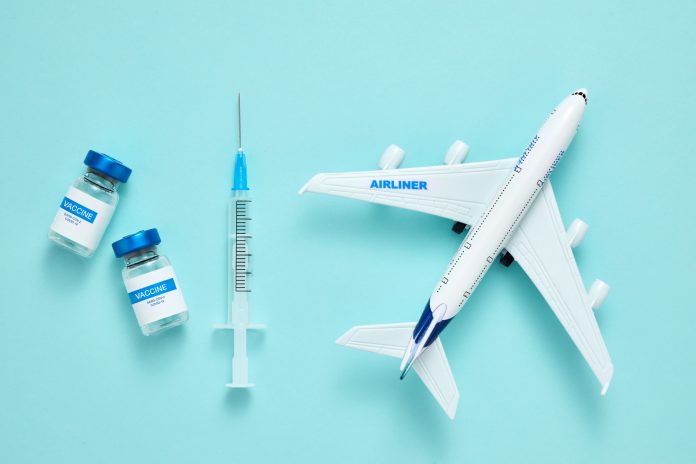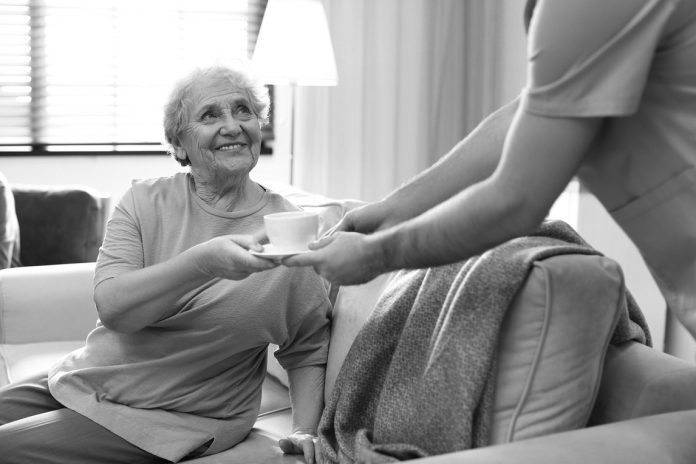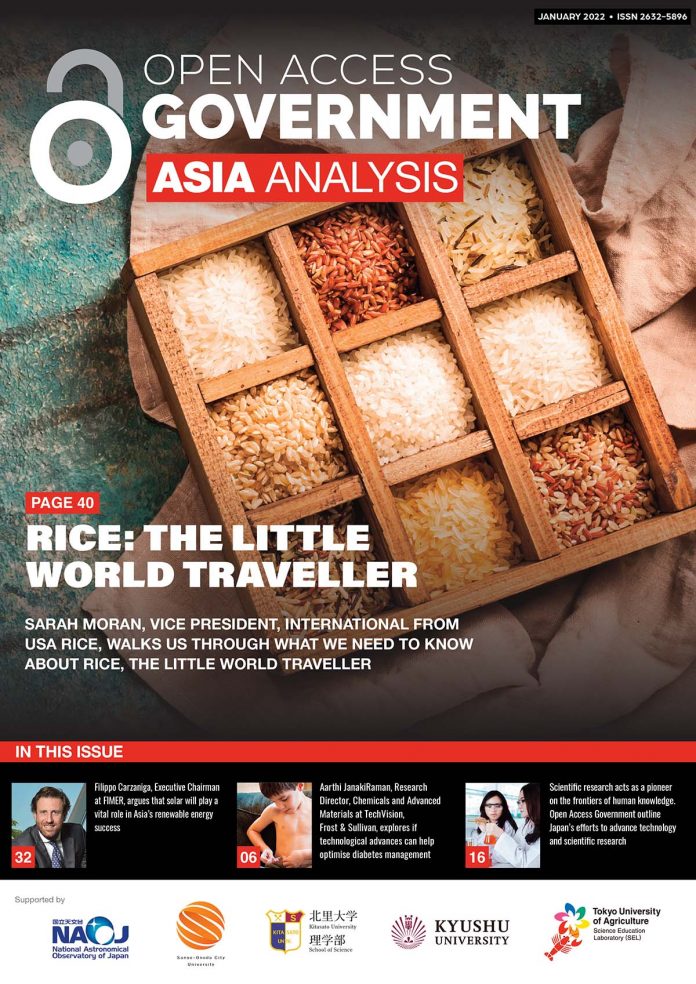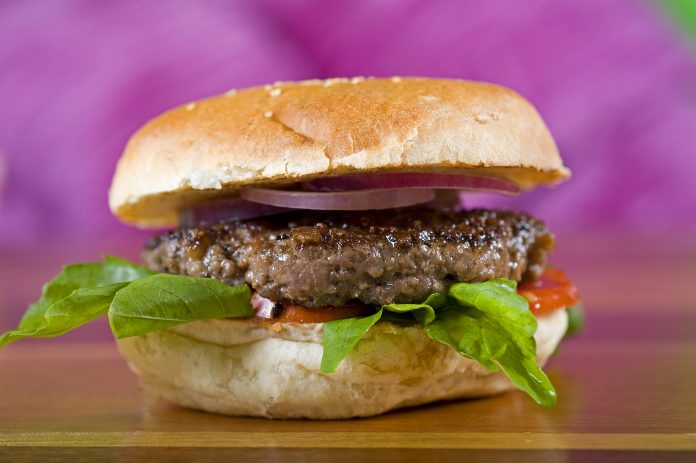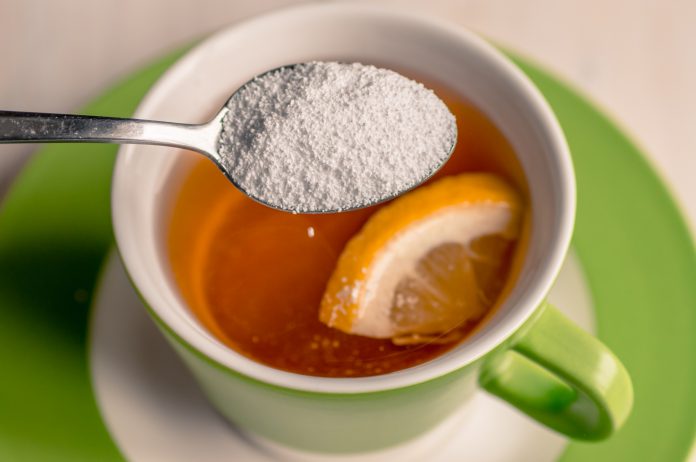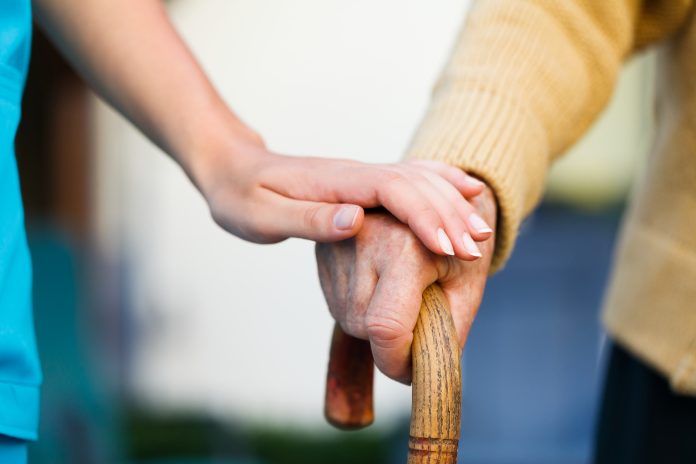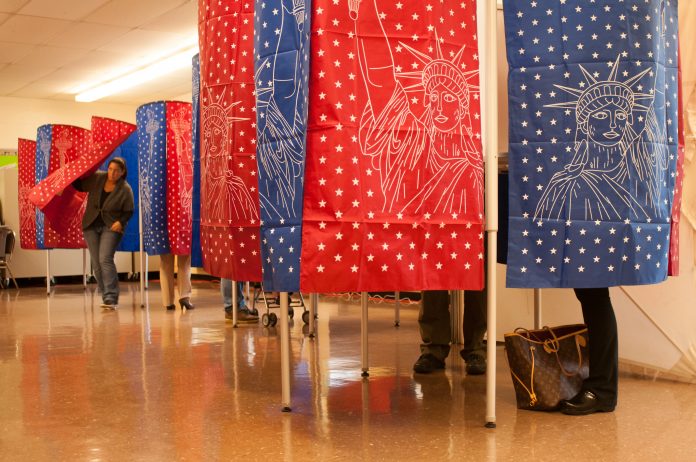Open Access Government produces compelling and informative news, publications, eBooks, and academic research articles for the public and private sector looking at health, diseases & conditions, workplace, research & innovation, digital transformation, government policy, environment, agriculture, energy, transport and more.
Home Search
AI - search results
If you're not happy with the results, please do another search
New guide to help identify eating disorders in the emergency room
With between 1.25 and 3.4 million people in the UK suffering with eating disorders, how are they still slipping through the gaps of modern healthcare?
Vaccine passports: Reimagining their cybersecurity
Jonathan Jackson, BlackBerry, looks at how vaccine passports and digital vaccine certificates could work - while facing off with cyber-criminals across the world.
Social care is in crisis, but technology is here to help
Paul Berney, CMO at Anthropos, explores how technology could help relieve the burden on the UK’s stretched social care staff.
The hidden health problem of nocturia
Dr Deborah Lee, Dr Fox Online Pharmacy, explains the problem of nocturia and takes a look at what it actually means for your health.
GPs prescribe broad-spectrum antibiotics to avoid “time-consuming tests”
A study finds that broad-spectrum antibiotics are prescribed due to a lack of resources for GPs - with "time-consuming microbiological tests" taking too long.
CO2 ventilation monitors to control COVID-19 in schools
In a new UK Government initiative to reduce the spread of COVID, schools across the UK have received CO2 monitors for better ventilation.
Nearly one third of UK households will struggle with energy bills
With fuel prices in the UK set to rise on April 1, 2022, new economic projections find that nearly one third of households will struggle pay energy bills.
Scientists warn Sixth Mass Extinction of global biodiversity is possible
Experts warn that a Sixth Mass Extinction is potentially underway, with human activities threatening species extinction.
Research shows Helsinki is least stressful city in the world
According to data on light pollution, LGBT safety and living costs, Helsinki is the least stressful city in the world - with 0% of the population living in poverty.
WHO supports two new drugs for COVID-19 treatment
The two drugs, tested across seven trials on 4,000 COVID patients, can protect the immune system from overloading and lessen chances of ventilation.
Asia Analysis January 2022
We welcome 2022 with our January volume of Asia Analysis, which features an array of compelling articles - We hear from Sarah Moran, Vice President, International from USA Rice, who walks us through what we need to know about rice, the little world traveller.
‘Guided’ play better for teaching children than direct instruction
Researchers find that play-based ‘guided’ learning through educational activities could be more beneficial for children’s development and skills.
Cutting beef from US diet could slash carbon footprints by 48%
Tulane University research finds that swapping just one serving per day for a more planet friendly alternative, North Americans could cut their carbon footprint by 48%.
Sweeteners during pregnancy can influence risk of obesity in babies
A new study identifies changes in metabolism in babies when mothers consumed sweeteners during pregnancy, potentially heightening their risk of obesity.
Morning versus evening exercise: Does the time matter?
Scientists say exercising at different times can benefit the body in different ways because of circadian rhythm, and can even help to fix a faulty body clock.
Climate change affects the photosynthesis of carbon-storing mosses
Scientists find that peatland mosses are affected by temperature, so weather conditions could significantly reduce their ability to store carbon.
NHSE sanctions limit basic healthcare for young trans people
Lui Asquith, Director of Legal and Policy at Mermaids, dissects new NHSE sanctions placed on young trans people looking for basic healthcare.
$2 million grant to explore link between chronic stress and Alzheimer’s
Researchers at WVA are investigating the connection between chronic stress and Alzheimer’s Disease using new $2 million grant from NIH
1 in 10 COVID patients could be infectious after 10 days
New research indicates that after 10 days, one in ten people may still have clinically relevant levels of potentially infectious COVID.
Researchers say political adverts don’t work on swing voters
New study suggests that both positive and negative election video ads are unlikely to sway voters from the opposition
New study explored supporters on both democratic and republican sides of the 2018 US midterm election and discovered that they are more likely to be moved or angered by political advertising...


